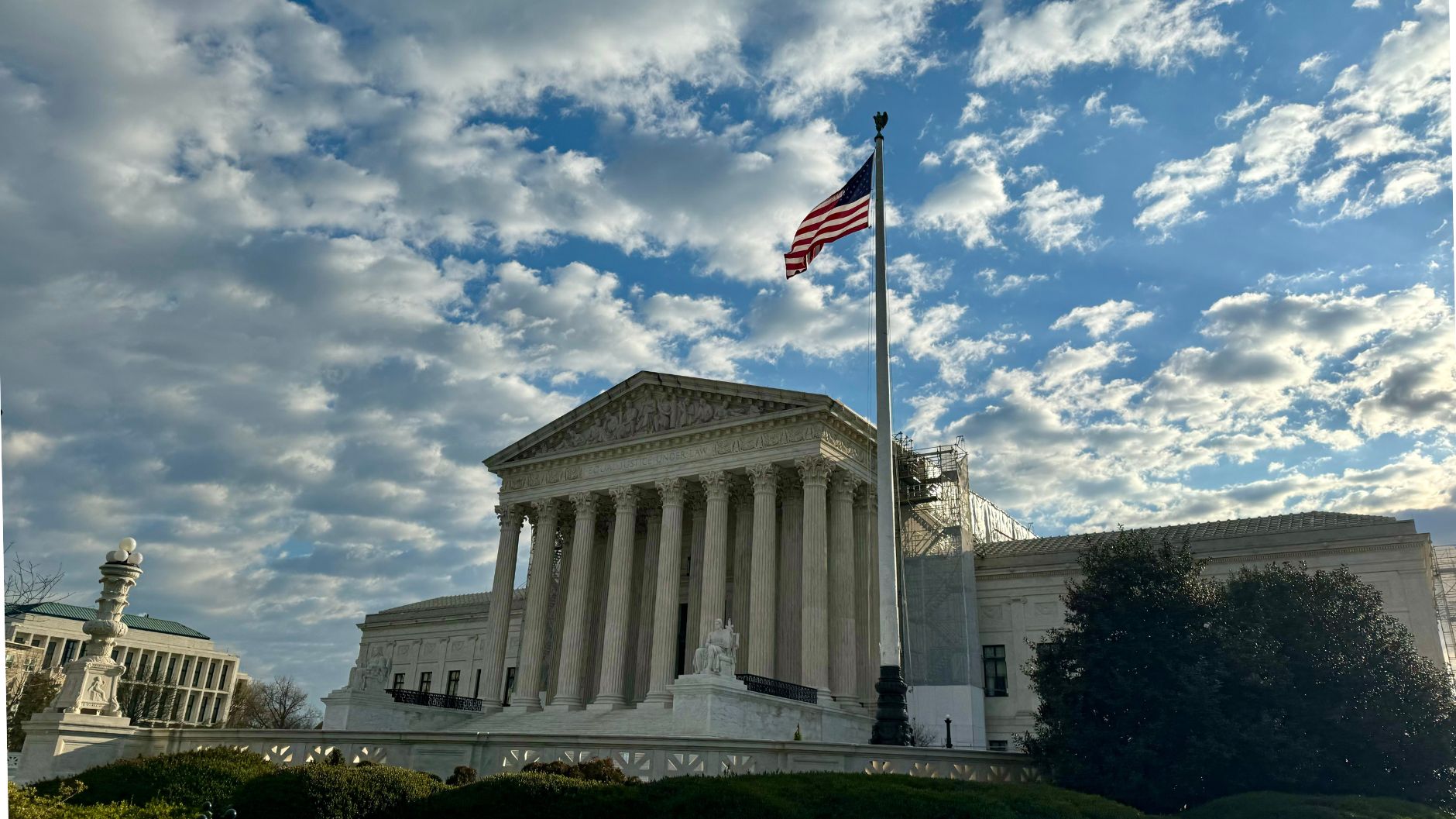WASHINGTON (CN) — The Supreme Court rejected on Wednesday an attempt to put a deadline on the government’s ability to seize a BMW that officials say was bought with stolen funds.
Justice Sonia Sotomayor, a Barack Obama appointee, wrote the opinion for the unanimous court.
Federal district courts are required to enter forfeiture orders before sentencing so the defendant can submit revisions or modifications before the order becomes final. However, the court’s ruling says that the rule is not absolute.
“In light of the rule’s text and relevant precedents, this court holds that the failure to enter a preliminary order does not bar a judge from ordering forfeiture at sentencing subject to harmless-error principles on appellate review,” Sotomayor wrote.
Sotomayor said the rule is intended to spur action, not to serve as a bar to tardy completion of business. The rule allows for flexibility, Sotomayor said, and does not specify consequences for noncompliance.
Louis McIntosh led a New York crew that committed violent robberies. During one of them, McIntosh and two other members assaulted and stole $70,000 from a victim in Lynbrook, New York.
In 2012, McIntosh was indicted on Hobbs Act robbery charges. The government said in the indictment that McIntosh would have to forfeit anything he bought with the stolen money.
The government claims that McIntosh bought a BWM with funds from the Lynbrook robbery, but officials did not submit an order of forfeiture until the case was reviewed on remand. McIntosh claims that the late forfeiture order prevented the government from seizing his property.
The court was unpersuaded by McIntosh’s attempt to portray the rule as mandatory, requiring the government to provide forfeiture notice before sentencing or forfeit the ability to do so. Sotomayor said that argument misinterprets the rule’s addressee.
“Although McIntosh is correct that the government plays an indispensable role in the criminal forfeiture process, Rule 32.2(b)(2)(B) is directed exclusively to the sentencing court,” Sotomayor wrote. “It does not even mention the government.”
The court’s opinion affirms the Second Circuit’s ruling.
Subscribe to Closing Arguments
Sign up for new weekly newsletter Closing Arguments to get the latest about ongoing trials, major litigation and hot cases and rulings in courthouses around the U.S. and the world.









